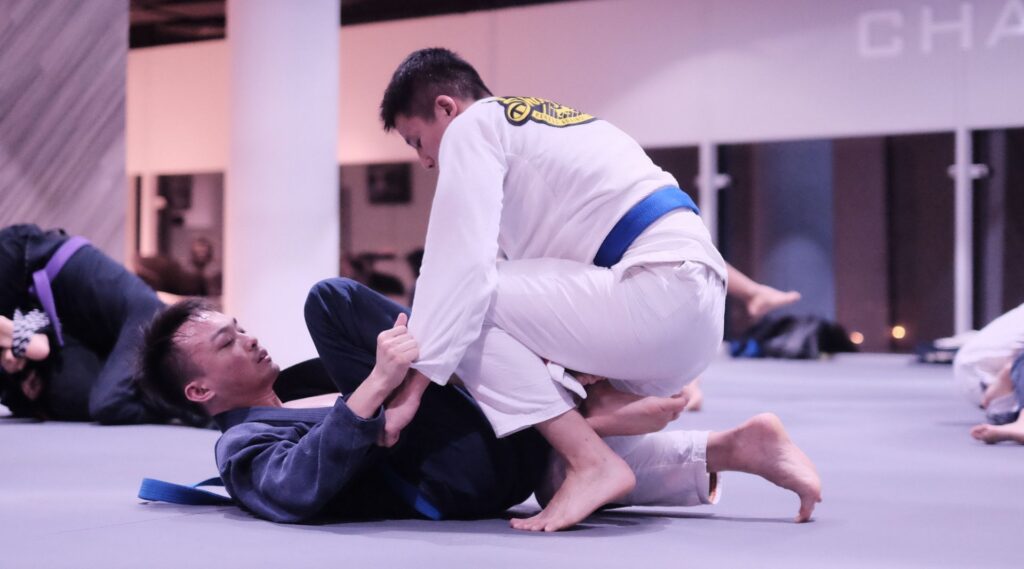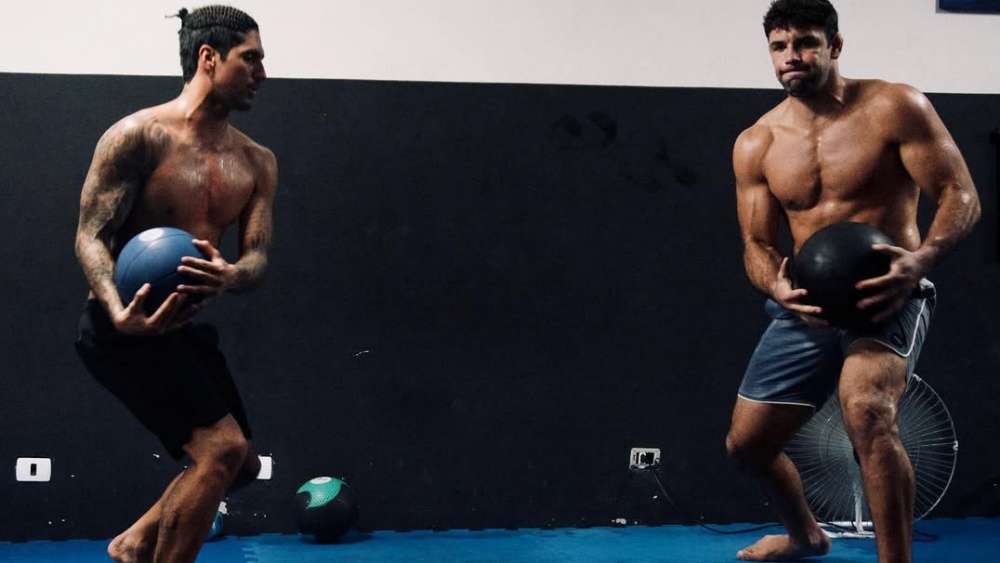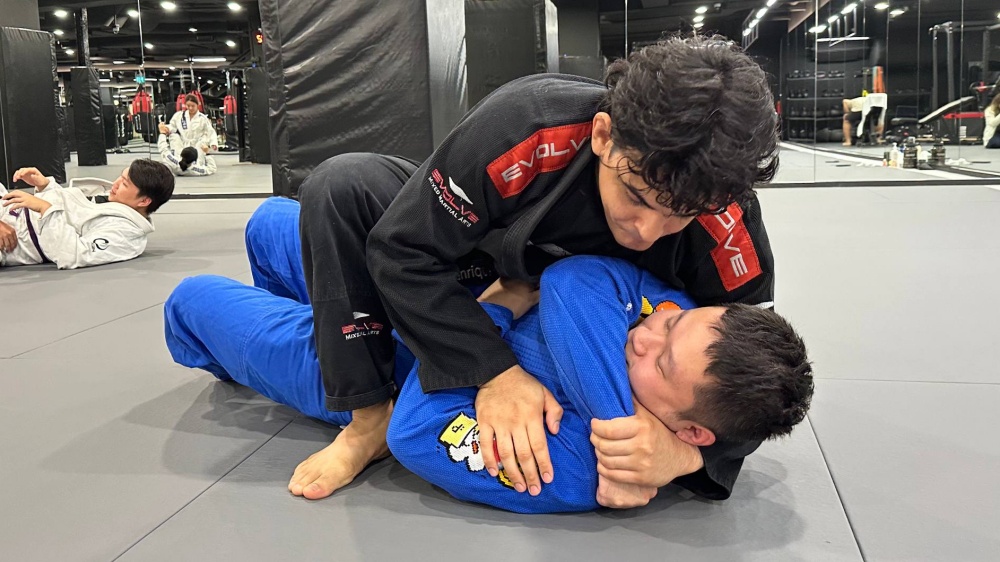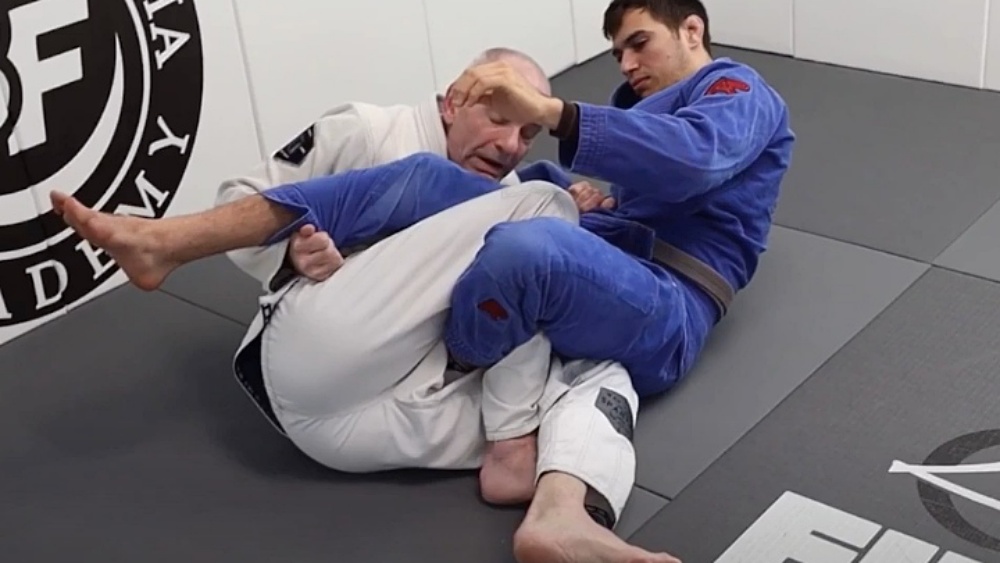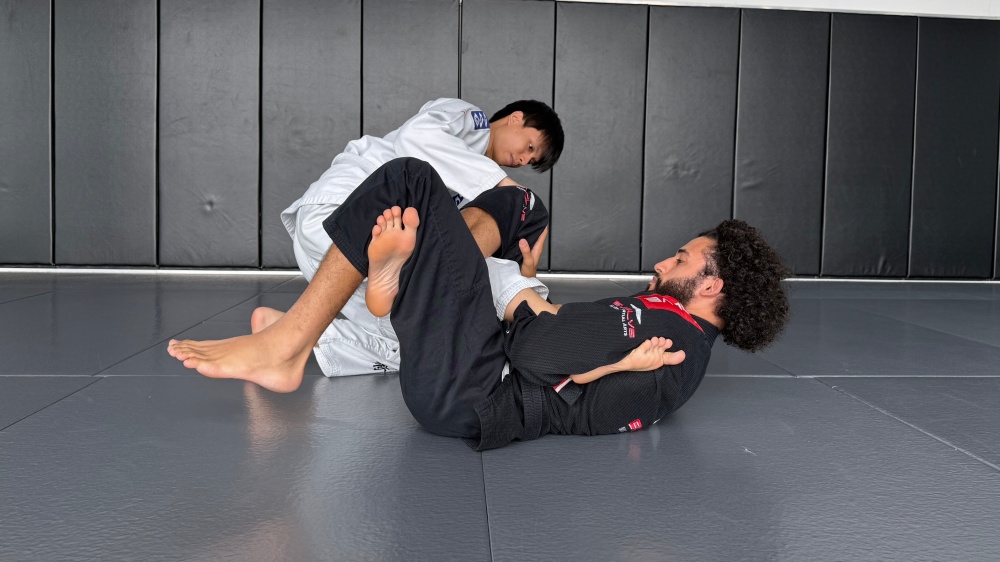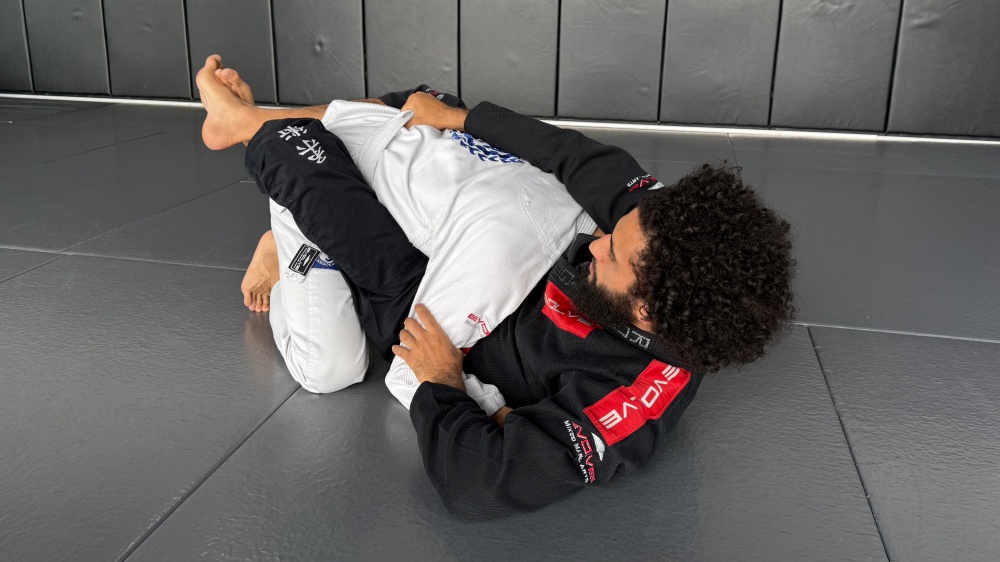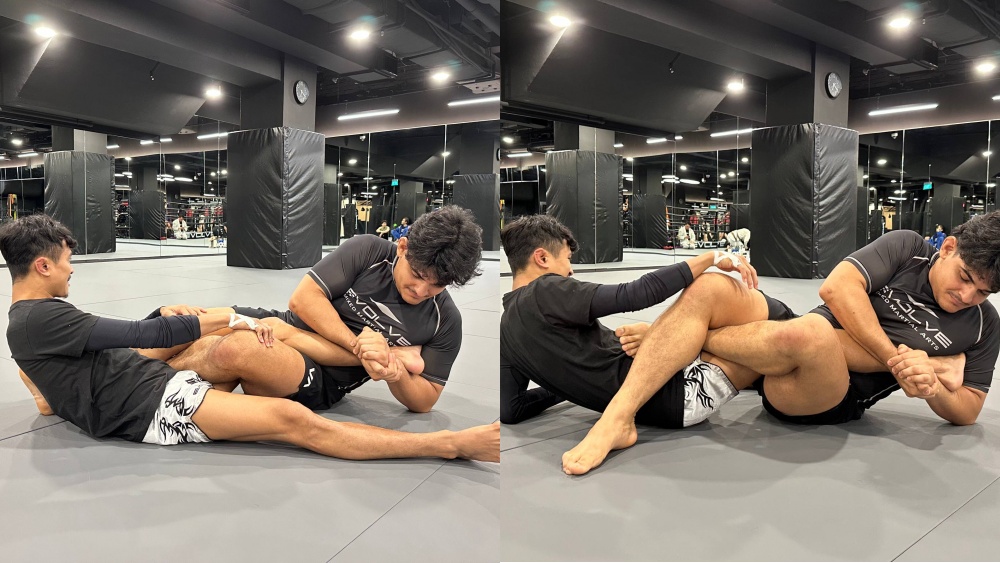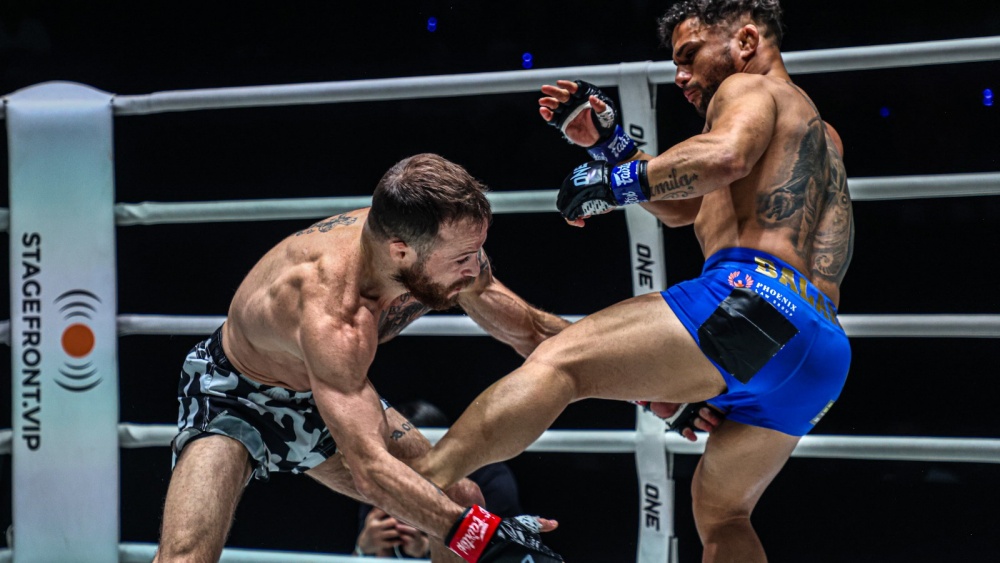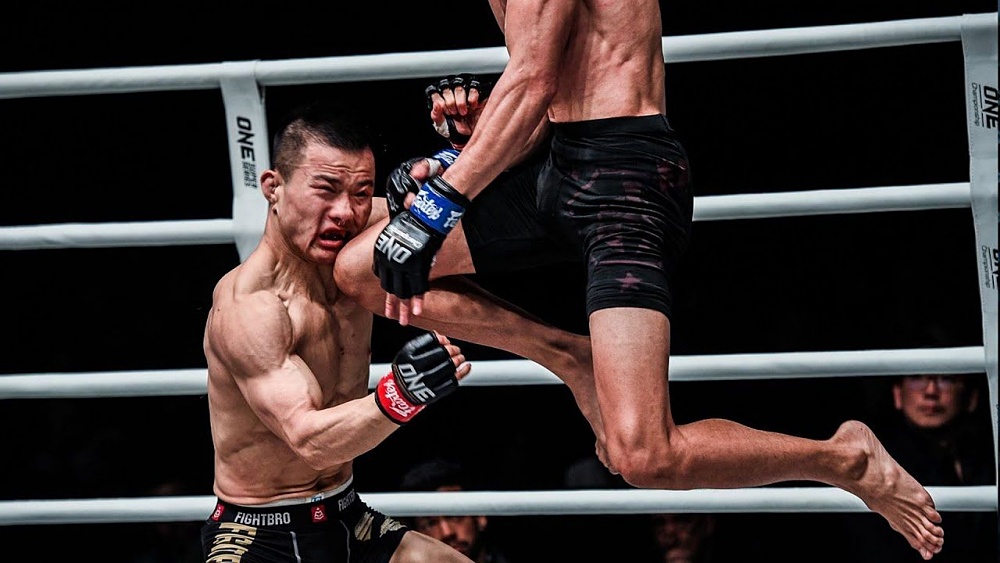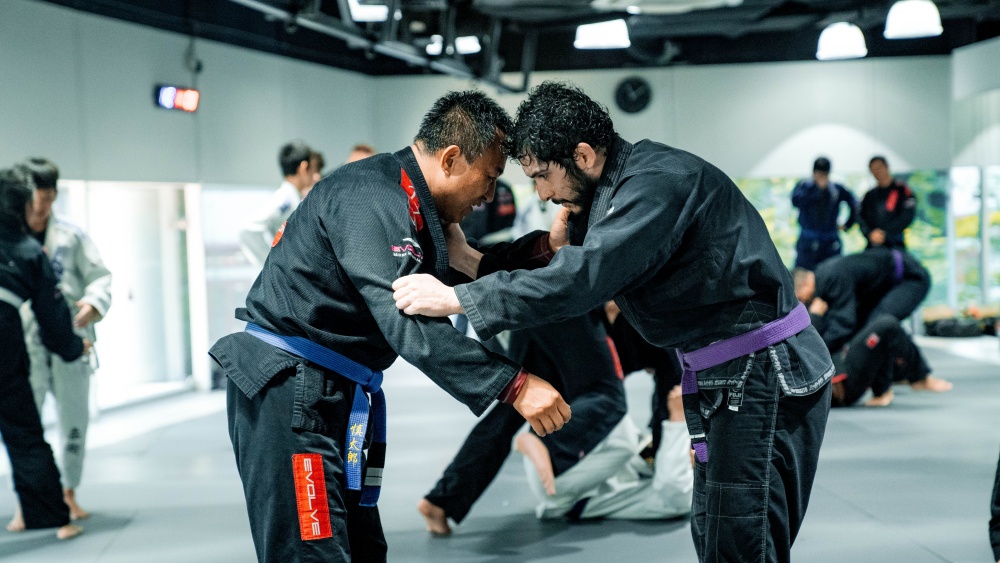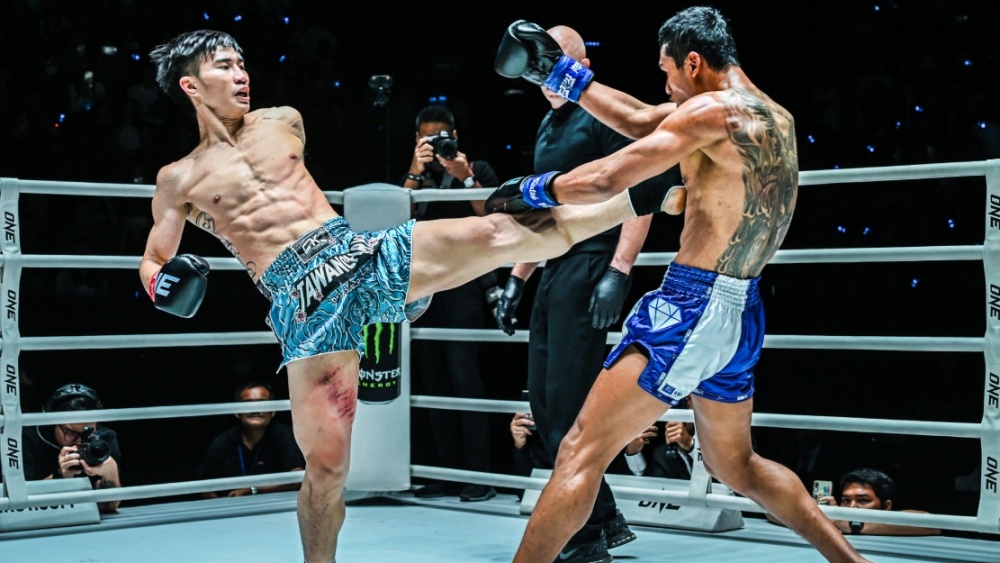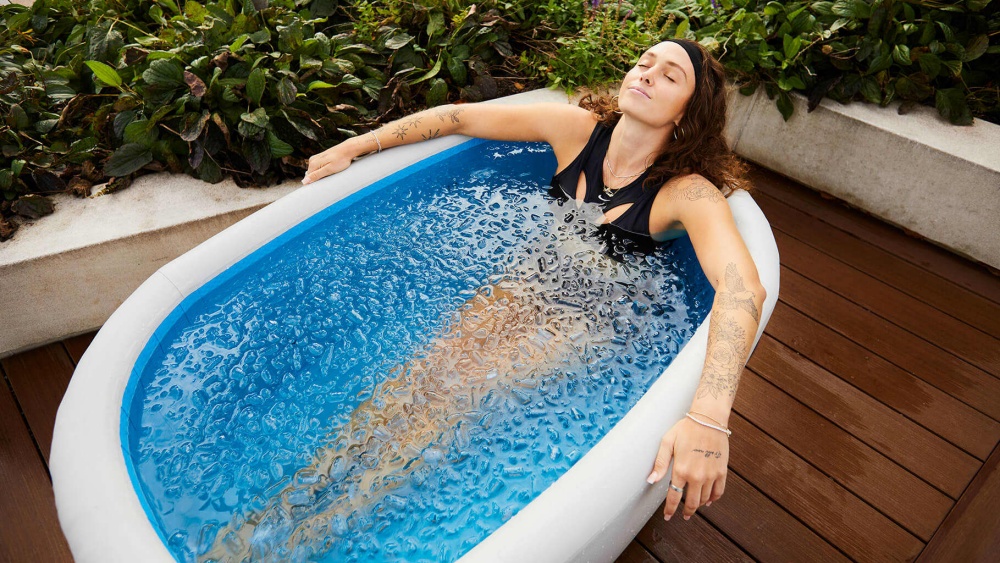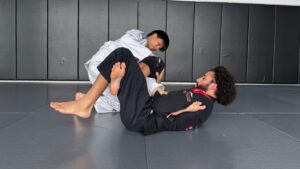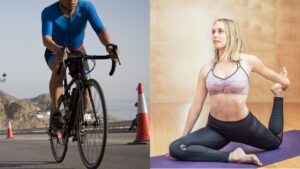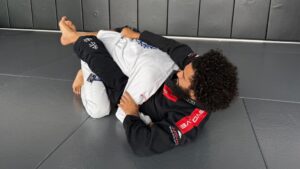It’s a scenario that plays itself out daily in Brazilian Jiu-Jitsu gyms all over the world. A new student, fresh white belt tied securely around his waist, sits facing an experienced training partner. The new student’s adrenaline is pumping, his breathing shallow. His body tenses as he glances down at his opponent’s worn, colored belt. The buzzer sounds. They slap hands, bump fists, and the roll begins. The new student lunges forward. He fights for position using every ounce of strength and energy he can muster. Despite his explosive movements, he can’t seem to make any progress. His frustration growing, he ramps up his efforts, spending even more of his precious energy in a desperate attempt to make something—anything—happen. The experienced student, relaxed and breathing evenly, moves fluidly and effortlessly. He calmly reacts to the new student’s frantic movements. The white belt, energy rapidly fading, soon finds himself trapped beneath his experienced opponent. It’s a claustrophobic feeling, and he struggles with every ounce of his remaining strength to escape. He can’t. The pressure at his elbow comes on quickly. He taps. His partner gives him an encouraging pat on the back. They start again. As the round ends, the white belt collapses against the wall, exhausted. His partner moves on to the next roll, having scarcely broken a sweat.
If you’re an experienced BJJ practitioner, you undoubtedly remember the days of struggling to make it through a single roll without collapsing from exhaustion. And if you’re new to the art of BJJ, then you’re probably all too familiar with the scenario described above. The difference between the two students above can be summed up in one word, flow.
The Importance of Flow
Learning to relax, or flow, while rolling ranks among the most difficult BJJ skills to develop. One reason for this is that, as human beings, our bodies don’t know the difference between an actual street fight and a simulated fight on the mats. When we find ourselves in a physical struggle with another person, certain processes automatically occur in the body that reduce our ability to flow. These natural physical reactions to perceived danger result in what is known as the fight or flight response. When our brains believe we are in physical danger, hormones like cortisol and adrenaline are released into our bloodstreams. These hormones work to slow digestion, speed the heart rate, and reduce blood flow to the major muscle groups. These reactions all serve a valuable purpose: to protect us in times of actual danger. However, in BJJ, these natural processes are a major hindrance to the achievement of flow. Therefore, in order to increase our ability to relax while rolling, we must learn to reduce the production of these stress hormones.
Learn to Flow
Flow Roll with BJJ World Champions Alex Silva and Bruno Pucci!
WATCH: Flow Roll with BJJ World Champions Alex Silva and Bruno Pucci!
https://www.evolve-mma.com
Posted by Evolve MMA on Thursday, December 29, 2016
By incorporating certain methods into your training routine, it’s possible to reduce or prevent the body’s fight or flight response to rolling. These methods include:
1) Forget the outcome
Is winning every roll important to you? Do you treat each sparring session like a gold medal ADCC match? If so, you’re doing yourself a disservice and undoubtedly impeding your BJJ progress. When we prioritize winning over learning and having fun, we raise our stress levels and unwittingly trigger the fight or flight response described above. Conversely, when we stop worrying about losing rolls, we instantaneously reduce the amount of mental stress we experience in class. Remember, there is no winning or losing in the academy—only learning
2) Change your focus
Closely linked to the method above, a change in focus can go a long way towards achieving relaxation while rolling. Instead of focusing on winning, try focusing on any of the following, and you’ll be surprised at the results:
- Your body – Are your movements smooth, or are they jerky? Is your body weight forward, back, or centered? Are your muscles relaxed or tense?
- Your breathing – Is your breathing quick and shallow, or is it deep and controlled?
3) Give up control
Giving up control doesn’t mean allowing your opponent to control you. Instead, it’s a reminder to remain open to wherever the roll may lead. When we allow each roll to develop naturally, we relieve ourselves of the mental stress associated with attempting to control a fluid situation. By remaining open-minded and giving up control, we automatically increase our ability to relax and learn.
4) Make relaxation a priority
Temporarily make relaxation your sole training goal. No matter what your partner does, keep your body as loose and relaxed as possible while reacting to his movements. You will almost certainly be submitted when experimenting with this method, and that’s perfectly fine. Remember, your goal isn’t to win, it’s to flow and learn. By making relaxation a priority, you’ll automatically put less emphasis on winning, and your overall game will improve as a result.
5) Keep going to class
Perhaps the easiest thing you can do to improve your ability to flow is simply show up to class. A major reason that many new students find it difficult to relax while rolling is fear of the unknown—a fear that triggers the body’s release of stress hormones. By regularly attending class and sparring, we gradually alleviate this fear. In addition, consistent class attendance increases our comfort with physical confrontation. This comfort, in turn, increases our ability to remain relaxed and poised while rolling.
So, next time you’re on the mats give these tips a try and start making flow a priority.
